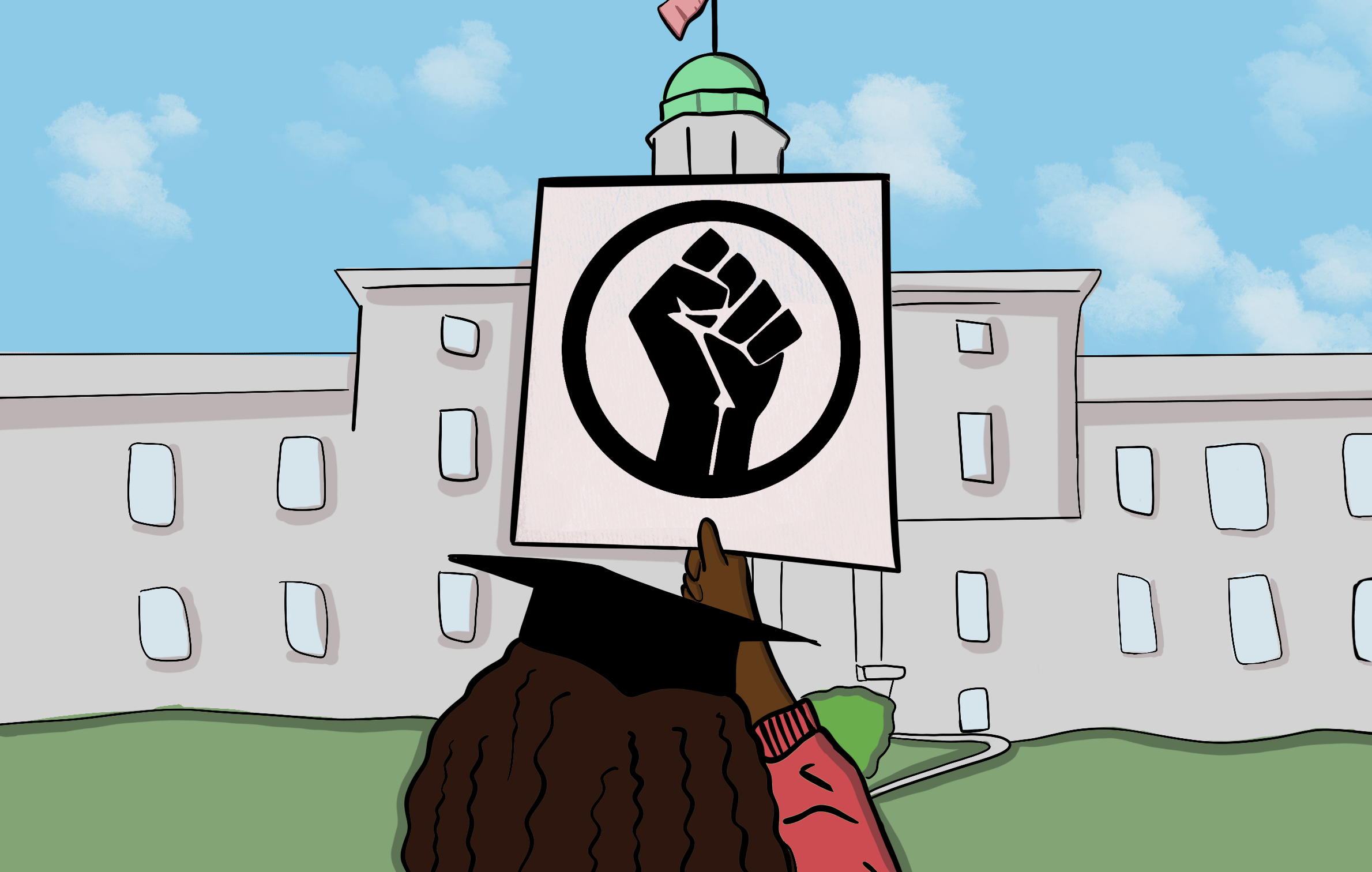Scholars across Canada and the United States took part in a collective action on Sept. 9 and Sept. 10 to protest anti-Black, anti-Indigenous, and colonial violence within academic institutions. Known as the Scholar Strike, workers in academia boycotted normal class schedules for the two-day period to organize teach-ins on police violence and social justice.
The Scholar Strike initiative, which calls for an end to anti-Black police violence and discrimination within academia, was initiated in the U.S. by Dr. Anthea Butler, a professor at the University of Pennsylvania. Butler’s call for a strike was motivated by the recent actions by players in the NBA and WNBA, who boycotted games in response to police brutality in the U.S. and Canada. Butler then started the Scholar Strike initiative on Twitter.
As in the United States, thousands of Canadian scholars took this opportunity to advocate for an end to systemic racism. Additionally, Scholar Strike Canada was dedicated to addressing systemic and institutional forms of violence, which have resulted in the underrepresentation of Black and Indigenous scholars and students in Canadian institutions.
Aziz Choudry, a professor in the Faculty of Education, has been involved in
anti-racist and anti-colonial activism since the 1980s. Choudry spoke to the Tribune about his participation in Scholar Strike Canada and highlighted McGill University’s own institutional racism.
“I’m supporting Scholar Strike Canada as one action in the ongoing fight against racism and colonialism that those of us working in universities can take part in by interrupting ‘business as usual’ and uplifting anti-racist education work as the new university term starts up,” Choudry said. “Institutional racism continues to permeate McGill, Canadian higher education institutions, and broader Canadian society. At McGill, the struggles and work of racialized students, faculty, and staff against racism have been frequently erased or forgotten. Much of the anti-racist work has been and continues to be done by relatively few racialized faculty.”
Dr. Mehri Ghazanjani, a professor in the Department of Sociology, stated that her participation in Scholar Strike Canada provided professors with the opportunity to educate their students on forms of systemic racism that exist within post-secondary education.
“[The] Scholar Strike for Black lives in Canada has been a great teaching and learning moment for all of us,” Ghazanjani said. “Not only should we stand in solidarity with the Black Lives Matter movement, but we also should take it upon ourselves to understand and respond to social injustices in our society. The teach-ins provided us with an important opportunity to learn more about systemic [and] inferential racism and discrimination and to reflect upon our role in it. It is time to stand together and push for long-overdue changes in our institutions.”
Canadian educational institutions, including McGill University, occupy unceded traditional territories of Indigenous Peoples and have a long-standing history of racial and institutional discrimination. Scholar Strike Canada hopes that their actions will call attention to systemic racism, as well as educate individuals in the hopes of sparking progresisve change.
For Robin Vochelet, a U4 Arts student, the Scholar Strike’s provided an opportunity to have an important conversation about dismantling stereotypes and discriminatory academic structures.
“I genuinely believe there’s a need for a discussion on the way academia perpetuates white supremacy,” Vochelet said. “To me, this is a crucial point that we need to keep in mind moving forward in our academic careers, mostly because Canada is too often deemed as better than the United States regarding systemic racism. It is about time we break these harmful stereotypes down and start working on building an environment that is, in fact, inclusive and free of systemic racism.”







